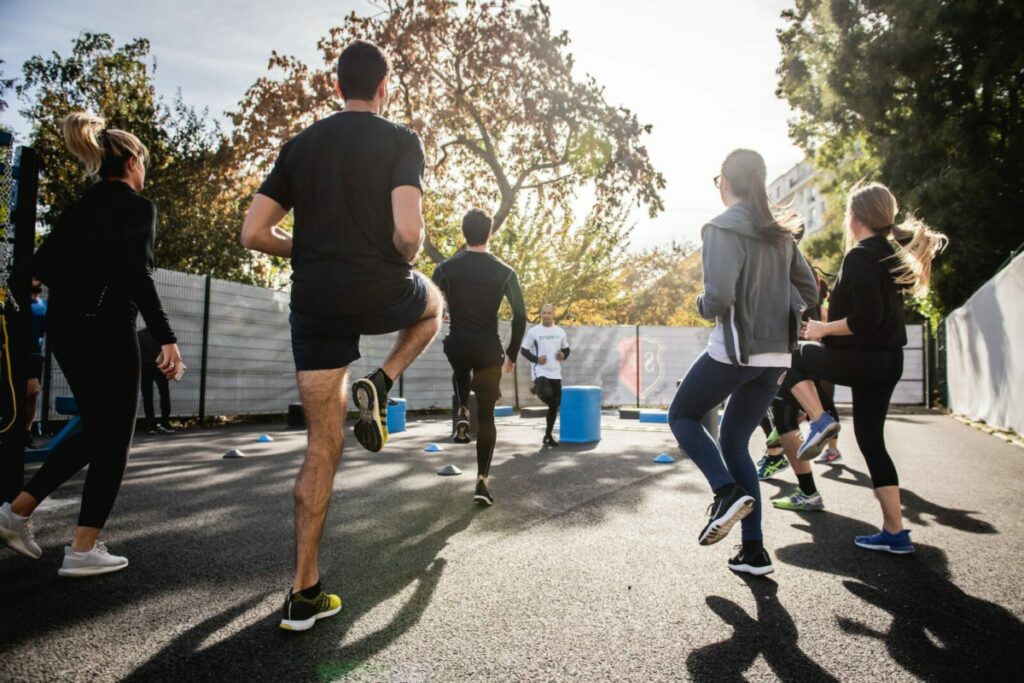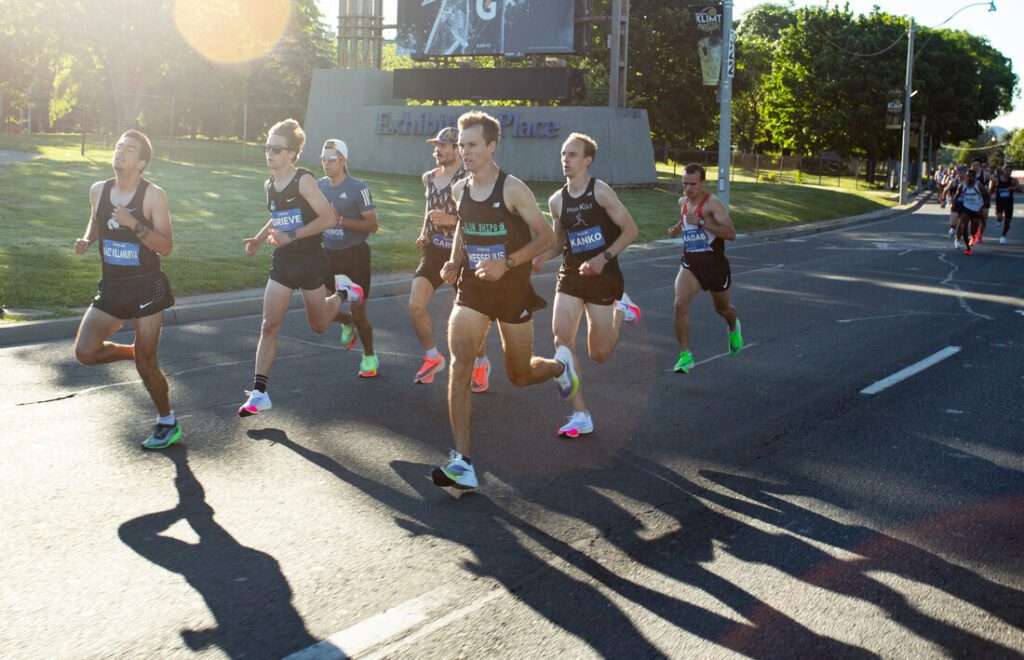How exercise improves inflammation: study
Recent research out of York University explains why regular exercise has a beneficial impact on the body’s response to inflammation

For years, researchers and health practitioners have known that regular, moderate exercise has a positive impact on your body’s response to inflammation, but exactly why it has that effect has remained a mystery. A new study out of York University has helped to shed light on this poorly understood phenomenon. The researchers at the School of Kinesiology and Health Science discovered that regular exercise impacts the production of white blood cells that are responsible for killing infections and healing injuries.

Inflammation–friend or foe?
Inflammation is often treated as a bad thing, but it has an important role to play in our immune response. When you get sick or injure yourself, a certain amount of inflammation is necessary to fight off an infection or heal the injured tissue. Problems begin when you have excessive inflammation. Heart disease, diabetes, many autoimmune diseases and cancers all start because of an excessive inflammatory response from your body’s immune system. (COVID-19 was another example of the deleterious effects of an excessive immune response, which ended up attacking otherwise healthy organs in the body.)
Exercise is known as an immunomodulator. This means it helps your body moderate its immune response at the onset of illness or injury, ensuring its inflammatory response is just enough to allow for healing, without going overboard and causing a cascade of other problems.

The study
The study, which was performed on mice, showed that moderate-intensity exercise had a “training effect” on the precursors for macrophages (the white blood cells that are responsible for mounting an inflammatory response and are your body’s first line of defense against infections). After the mice underwent a regular, moderate-intensity exercise regime, they experienced a “persistent metabolic rewiring and changes to chromatin accessibility in bone marrow-derived macrophages (BMDMs), which, in turn, tempers their inflammatory responses.”
In other words, exercise changed the way the cells breathed, according to Faculty of Health Associate Professor and York Research Chair Ali Abdul-Sater.

“Much like if you train your muscles through exercise, we showed that exercise of moderate intensity ended up training the precursors of those macrophages in the bone marrow,” says Abdul-Sater. “The way that exercise is doing this is by changing the way those cells breathe, essentially, how they use oxygen to generate energy and then changing the way they access their DNA.”
The cool part about these results is that the changes they were seeing weren’t temporary. While there are plenty of studies demonstrating the temporary immune-boosting effects of exercise, these results showed that the changes to the mice’s immune systems were still evident a week later.

Of course, if you’re wondering how well a mice study translates to humans, the researchers believe their findings are very applicable to us. As complex as our immune system is, it is also very ancient, which means that it is much the same across all mammals.
“The thing with humans is there’s no intervention that will work on everyone. We know that, but what this study suggests is that moderate and persistent exercise not only improves metabolic health, but also will improve immune health in the long run,” says Abdul-Sater.

The takeaways
If nothing else, this study reinforces the importance of exercise in a healthy immune system. But note that these benefits were demonstrated with a regular, moderate-intensity exercise regime.
Marathon training, for example, is generally not considered to be moderate exercise, and this study did not look at how a high-mileage or high-intensity running program affects the immune system. In fact, there is some research to demonstrate that bouts of high-intensity exercise (like running) in excess of one hour can actually have a temporary immuno-suppressing effect.
This doesn’t mean you should stop training, but runners need to be particularly careful that they’re eating enough to support their activity, that they’re eating plenty of fruits and vegetables, getting enough sleep and prioritizing recovery. It’s equally important that when you do get sick, you cut back on your training or take a break until you’re better, for the sake of your immune system.


